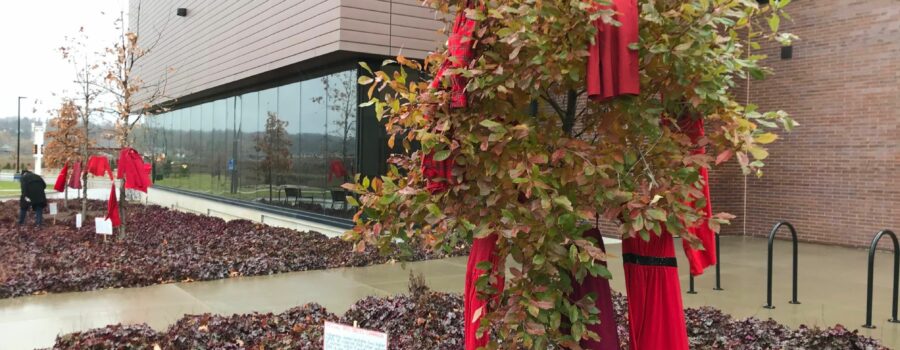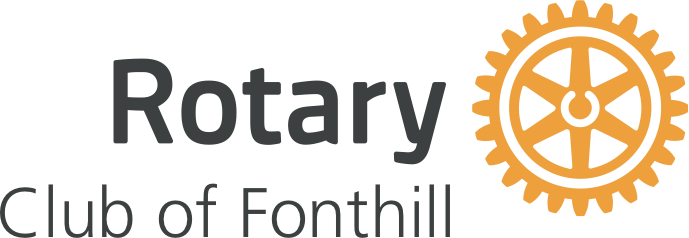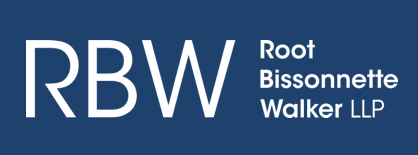On Friday November 24th at 10am Pelham will recognize the start of The 16 Days of Activism Against Gender-Based Violence with a REDdress display at the Meridian Community Centre. Local residents are encouraged to attend the event that will include speakers and a drum presentation by Josephine Lavelley Onandaga from 6 Nations.
The REDdress display, installed by the Canadian Federation of University Women — Welland and District, is part of the 16 Days of Activism that begins on Nov. 25, the International Day for the Elimination of Violence Against Women, and ends on December 10, Human Rights Day. It was started at the inaugural Women’s Global Leadership Institute in 1991 and is one of the largest organizing strategies in the prevention and elimination of gender-based violence around the world.
The image of a red dress is inspired by Jaime Black’s REDress Project.
Indigenous women, girls, and 2SLGBTQQIA people live with an almost constant threat to their physical, emotional, economic, social, and cultural security.-Reclaiming Power and Place: The Final Report of the National Inquiry into Missing and Murdered Indigenous Women and Girls
- historical, multigenerational, and intergenerational trauma;
- social and economic marginalization;
- maintaining the status quo and institutional lack of will; and
- ignoring the agency and expertise of Indigenous women, girls, and 2SLGBTQQIA people (Reclaiming Power and Place, 2019).
As shared by National Inquiry Expert Witness Josie Nepinak, executive director of Awo Taan Healing Lodge Society in Calgary,“Violence for Indigenous women is a result of colonization, and the whole experience around colonization and the dispossession of our sacred ways, the dispossession of our grandmothers and the dispossession of our Elders. And it is manifested through oppressive policies such as the Indian Act for First Nations women, and it is manifested through the residential school by killing the Indian in the child and killing the spirit of the child. And it is manifested in those abuses that we have suffered through, whether it’s being placed in a dark room or being told that we’re savages or being told that we cannot speak our language” (Reclaiming Power and Place, 2019).
The National Inquiry produced 231 Calls for Justice—actions that institutions, organizations, governments, and individuals need to take to end colonial violence.
According to CBC’s analysis, just 2/231 calls have been completed, and over half have not been started (A Report Card on the MMIWG Inquiry’s Calls for Justice, 2023).
Read through the Calls for Justice here, particularly the section ‘Calls for Justice for All Canadians’ on pages 199-200, and take action on those calls.
 Back to myNiagaraOnline
Back to myNiagaraOnline
































